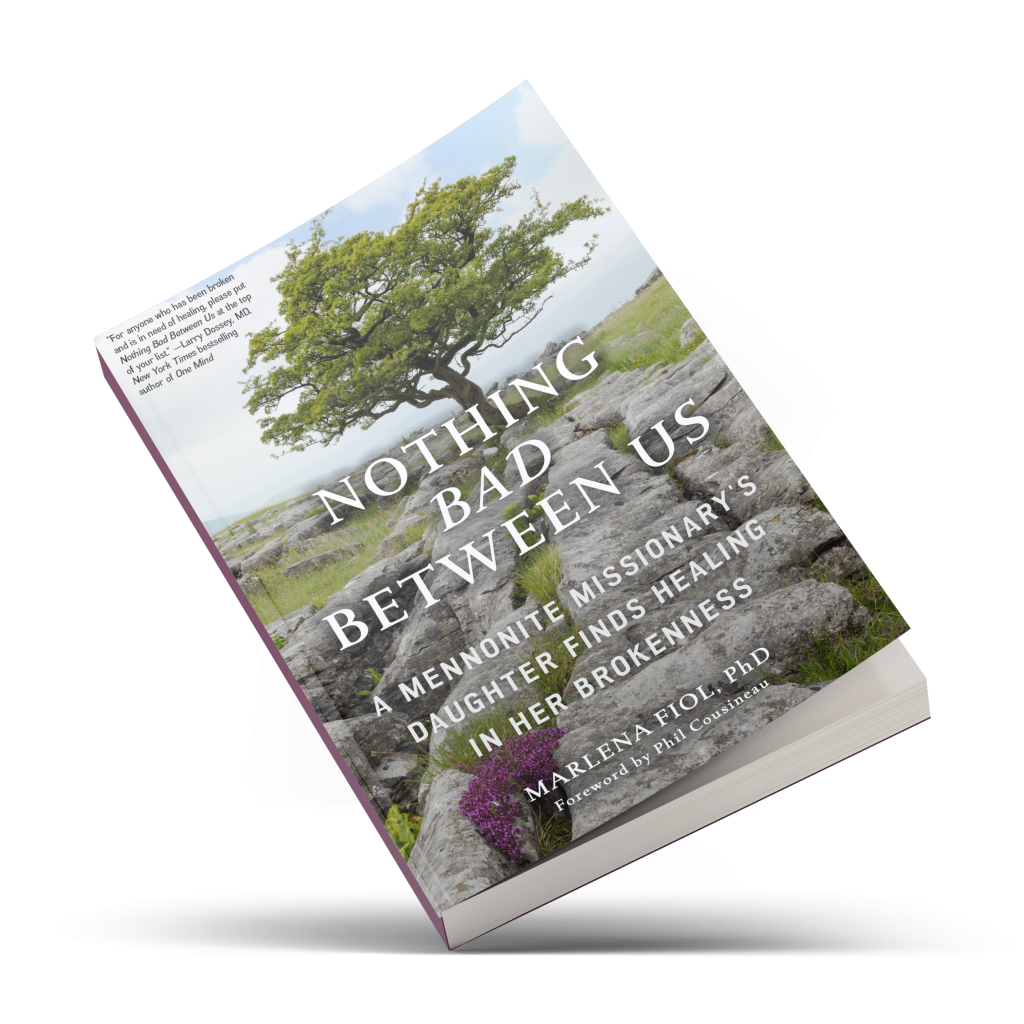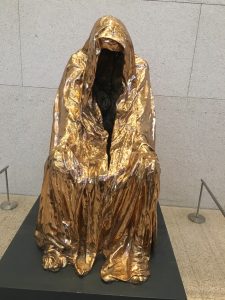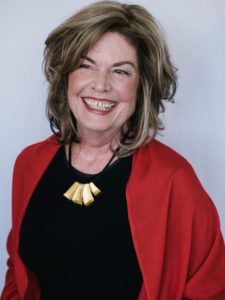Welcome to Our New Series:
Choosing Compassion Over Fear
My own personal journey from a rebellious and tortured childhood to eventual healing and reconciliation depended on gradually learning to choose compassion over fear. You can read about it in my new book Nothing Bad Between Us, which is now available at your favorite bookseller.


Choosing Compassion Over Fear:
A Divided Nation
As I await the final results of the election of 2020, I am reflecting on the fact that no matter which candidate wins, half of the citizens of my country will likely feel angry and devastated. The other half can easily fall into being self-righteously triumphant.
We are a country divided in ways that seem impossible to bridge. Republicans versus democrats. Minorities versus majorities. Wealthy versus poor. Legal citizens versus illegal immigrants. White supremacists versus those who value diversity.
Naturally, much has been written about learning to listen to the ‘enemy,’ or finding ways to compromise. Much of this is probably good advice. But when divisions run as deep as they do in our country today, few are likely to want to heed these valuable recommendations.
Although I certainly have no collective answers for our nation’s angst, I can provide a vulnerable personal example of my own experience with divisive anger, mistakes I made, and ways that the anger gradually dissolved. I offer my own failings in the hopes that each of us individually, no matter which side of the social/political spectrum we’re on, might consider what we can do to begin to mend the great rifts between us, divisions that are surely damaging to all involved.
Last week, Mango Publishing released my memoir titled Nothing Bad Between Us. It’s been described as a heartwarming and often shocking tale of a religious father and his sinful daughter who suffered from seemingly irreparable angry and self-righteous divisiveness.
I was four months old when my parents were called as missionaries to establish a leprosy compound in a Mennonite community in Paraguay, South America. Throughout my early life, I grappled with contradictory desires to please my autocratic, hero-doctor father and his Mennonite clan, and at the same time, revolt against their often-abusive control.
Failure #1: During my youth, I stubbornly confronted my father and the Mennonite church for mistreating me.
Outcome: The more tenaciously I resisted their control and fought against them, the more ferociously I was beaten down.
Failure #2: After a number of years, it seemed like avoidance was the only answer. I escaped to the U.S. and for years, I dodged any vulnerable exchanges with my Mennonite past, including my father.
Outcome: Violent and angry exchanges ceased. And for a while, this seemed like a good solution, because our heated anger was painful for all involved.
But avoiding the anger meant that it continued to simmer inside, never really setting me free. Maybe more important, the avoidance separated my father and me even more than the earlier periods of honest expressed fury.
Fortunately, my story does not end there. Nothing Bad Between Us reveals unexpected openings to find redemption and reconciliation in the most broken parts of ourselves — when we began to see our shared humanity and our common brokenness.
The title of the book reflects the phrase my once-estranged father and I said to each other in our native Low German at every goodbye during the last few decades of his life: Doa ess nuscht tweschen ons — there’s nothing bad between us.
Here’s what my Forewordist Phil Cousineau said about that phrase:
““Doa ess nuscht tsweschen ons,” Fiol’s father would say to her in his native low-German language. “There is nothing bad between us.” And then she would repeat the words back to him. This almost painfully beautiful exchange acknowledges that there may have been something wrong between us in the past, but not now, not in this one bountiful and complicated moment, not if we can find some good in the bad, some beauty in the terror.”
You may ask: What does my personal story have to do with our country’s deep divide today?
The social/political groups that dislike or even hate each other have tried confrontation — over and over again. It has failed to bring about change just as surely as it failed in my own life.
I’m now hearing about the desire to escape and avoid the terrifying conflicts between the warring groups. “If only New Zealand would allow us to immigrate,” I’ve heard people say.
But here’s the thing. Anger and conflict do feel uncomfortable. But that’s how they’re supposed to feel. That’s how they get me to pay attention to and learn from them.
It’s by vulnerably opening myself up to the conflicts and disagreements in my life that I can truly learn about my ‘enemies,’ including their needs and boundaries — including even their vulnerable core that is, most assuredly, just as broken and imperfect as my own.
Choosing Compassion Over Fear
Join Me
If you wish to engage with me in exploring ways we can move toward compassion rather than fear, I invite you to tune in at marlenafiol.com for bi-weekly blog posts and podcast episodes covering a wide range of perspectives, from finding your true calling, to healing estranged family ties. Participants include Jonathan Reckford, CEO of Habitat for Humanity, and Tom DeWolf, Program Manager of Coming to the Table, among many others. The series begins on September 21, 2020 and will run through the first week of December.
Remember, we are together on this journey.
— Marlena



